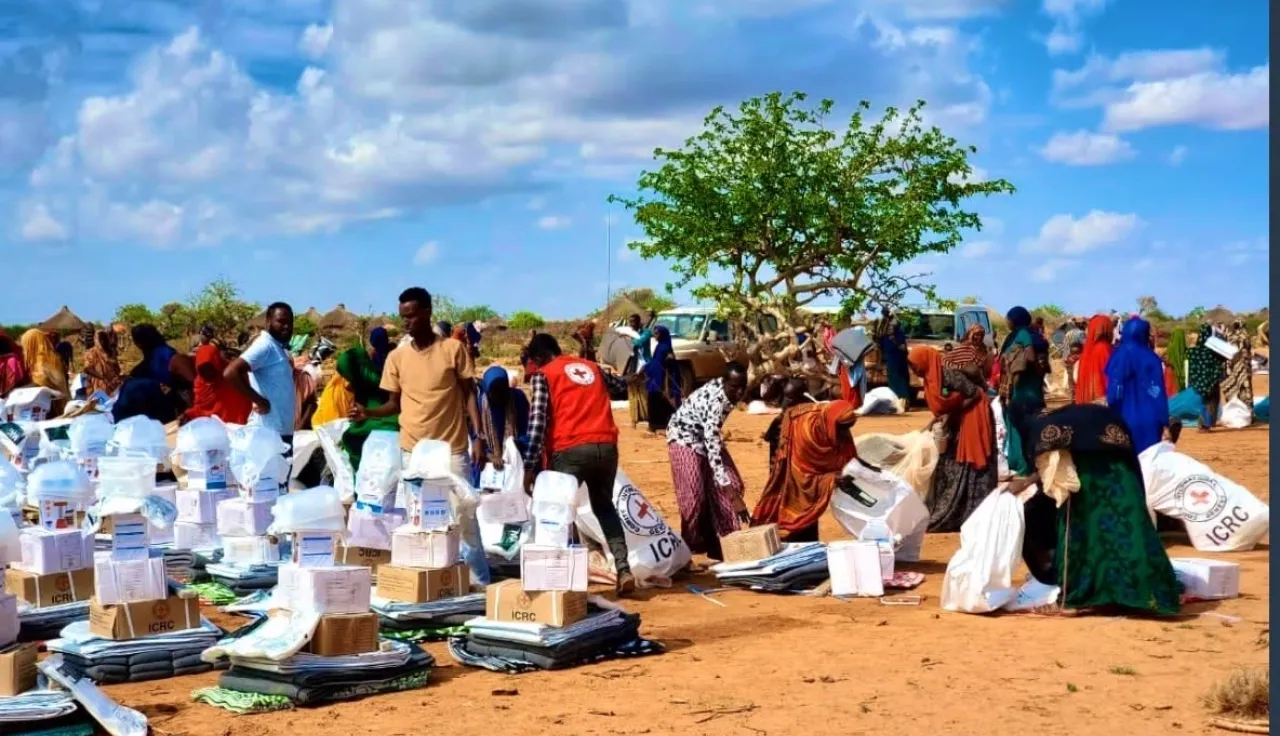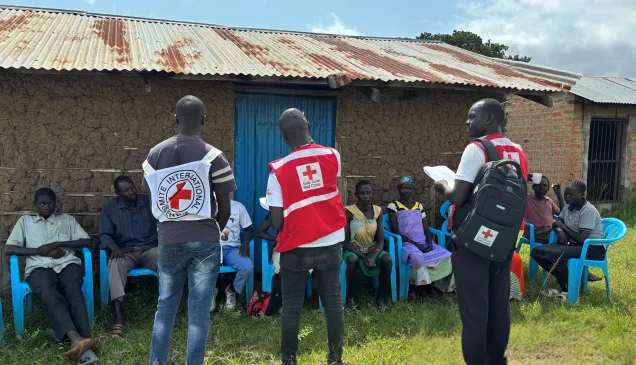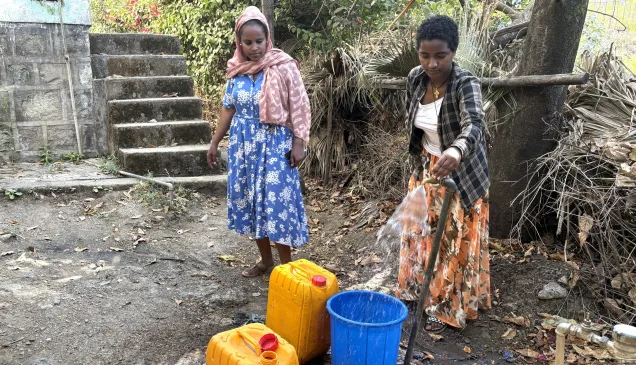Good morning and thank you for your interest,
I have just returned from the Tigray region in Ethiopia, which, like its neighbors Amhara and Afar, has endured two years of devastating conflict. The conflict uprooted tens of thousands of families and affected all areas of life.
The conflict took a heavy toll on the healthcare system. The Ethiopian Red Cross operated more than 250 ambulances in Tigray before it started. Today, only 82 remain, and many are out of service. We are in a painful situation where a lack of drivers, fuel, and spare parts means loss of life during individual health emergencies.
Healthcare personnel in Tigray have been working without pay for over twenty months. In some places, they reuse gloves and give expired drugs to patients. So, unfortunately, it is easy to understand why many decided to leave their work. Against this backdrop, thousands of wounded people need urgent surgical care, protheses and physical rehabilitation. Waiting lists keep growing as people once cut off from assistance by the fighting are now able to access medical facilities.
Since humanitarian corridors into Tigray reopened in November, the ICRC has scaled up its response, sending hundreds of trucks and dozens of cargo flights loaded with medicines, sanitation material, equipment, and food for health facilities. Together with the Ethiopian Red Cross, we have supported 29 hospitals and health centers in Tigray. But it’s not enough. Pharmaceutical supplies and health-care staff are needed in rural areas of Tigray, where many facilities closed their doors. The nutritional situation of lactating mothers and children under age 5 is particularly distressing, requiring urgent interventions to save lives.
In recent months, we distributed household items to thousands of people. Security improved, and our teams brought aid to hard-to-reach areas, where vulnerable communities lack necessities like food, water, and healthcare.
When conflict takes place, families can become separated. Last year, together with the Ethiopian Red Cross, we facilitated almost 260,000 phone calls between family members who lost touch when they fled their homes. We hope that the need for these services will disappear as peace takes hold. Still, many families have no news of loved ones who went missing during the conflict.
Even during this period of peace, the lasting consequences of the conflict remain. In Safe Houses and One Stop Centers for survivors of sexual violence we support, I heard testimonies of horrific experiences that left deep mental and physical scars. People can’t work through this profound trauma without the appropriate care. Access to services has improved, but the number of people who need help remains very high.
Months after the fighting ended, areas of Tigray, Amhara, and Afar are still littered with unexploded remnants of war. These represent a significant risk for residents - especially children and farmers – as well as for thousands of displaced persons returning to their homes in former battlefields. We see injuries caused by these remnants in hospitals we support. There is an urgent need for risk awareness to enable affected communities to protect themselves against this deadly threat.
I left Tigray hopeful and worried. And I am convinced that as a humanitarian community, we must do more, and we must do it now. Lives depend on it.
Thank you.
For more information, please contact:
Fatima Sator, ICR Geneva, Tel. : +41 79 848 49 08, fsator@icrc.org




